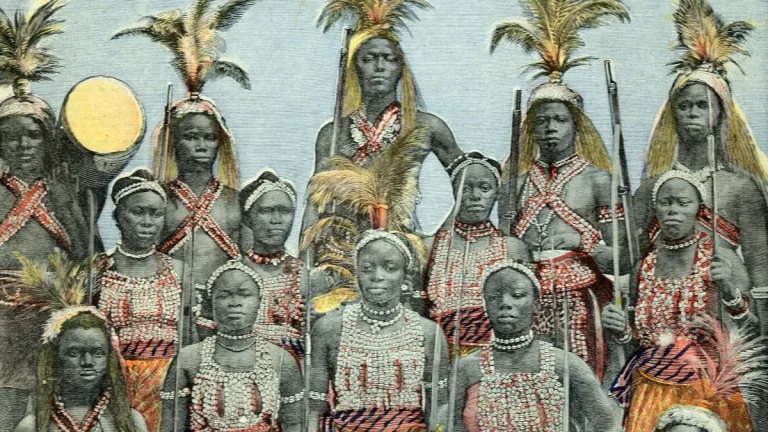Throughout history, women have played important roles in shaping the world we live in today. One such role is that of female warriors who led African empires and armies. These women defied gender norms and societal expectations to become powerful leaders and warriors. This article explores some of the most notable female warriors in African history.
Amanirenas of Kush
Amanirenas was a queen of the Kingdom of Kush, which was located in what is now Sudan. She led her people in a war against the Roman Empire in the first century BCE, after the Romans had attempted to invade her kingdom. Amanirenas lost her right eye in battle, but she continued to lead her people and eventually drove the Romans out of her kingdom.
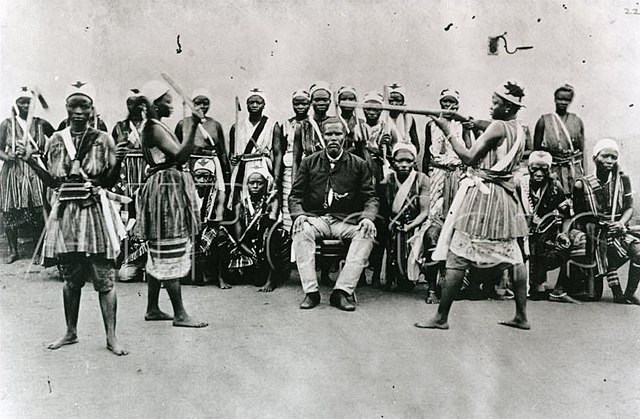
Queen Nzinga of Ndongo and Matamba
Queen Nzinga of Ndongo and Matamba was a 17th-century queen in what is now Angola. She led her armies in a fight against the Portuguese colonial forces, who were attempting to take control of her kingdom. Queen Nzinga was known for her military strategy and diplomacy, and she was eventually able to negotiate a treaty with the Portuguese that allowed her kingdom to remain independent.
Makeda, Queen of Sheba
Makeda, also known as the Queen of Sheba, is a legendary figure in Ethiopian history. According to Ethiopian mythology, she led her people on a journey to meet King Solomon of Israel, with whom she had a son. Makeda is celebrated as a wise and powerful leader who helped to build the kingdom of Ethiopia.
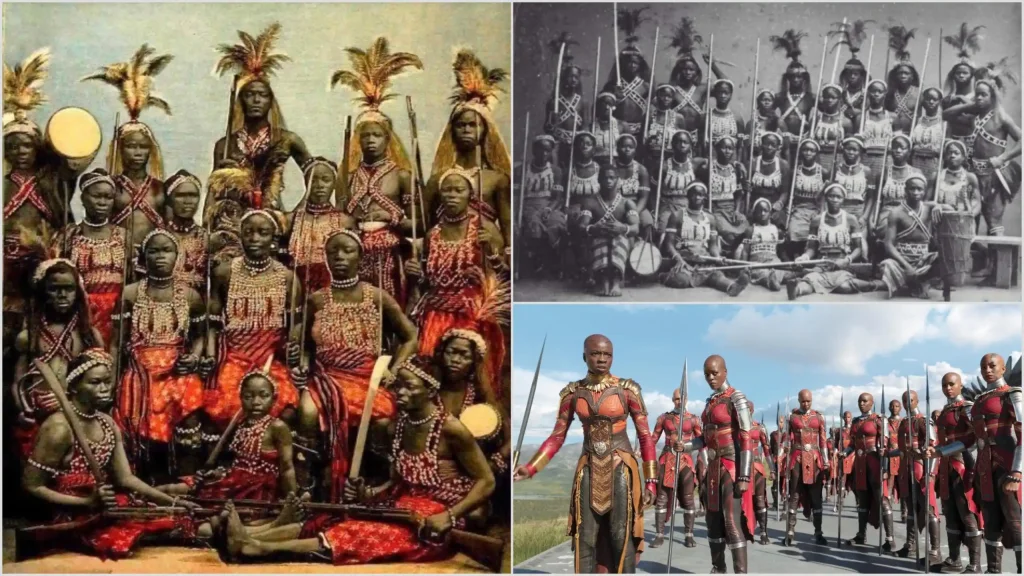
Yaa Asantewaa of Ashanti
Yaa Asantewaa was a queen mother in what is now Ghana. She led her people in a war against the British colonial forces in the early 20th century. Yaa Asantewaa is known for her famous speech in which she urged her people to fight for their independence: “If you, the men of Ashanti, will not go forward, then we will. We, the women, will. I shall call upon my fellow women. We will fight the white men. We will fight until the last of us falls in the battlefields.”
Dahia al-Kahina of the Berber Kingdom
Dahia al-Kahina was a queen and military leader in the Berber Kingdom, which was located in what is now Algeria and Tunisia. She led her armies in a fight against the Arab invasion of North Africa in the 7th century. Despite being outnumbered, Dahia al-Kahina was able to hold off the Arab forces for several years before being defeated.
Amina of Zazzau
Amina was a queen of the Zazzau Kingdom, which was located in what is now Nigeria. She led her armies in a series of military campaigns that expanded her kingdom and brought wealth and prosperity to her people. Amina was known for her military strategy and was feared by her enemies.
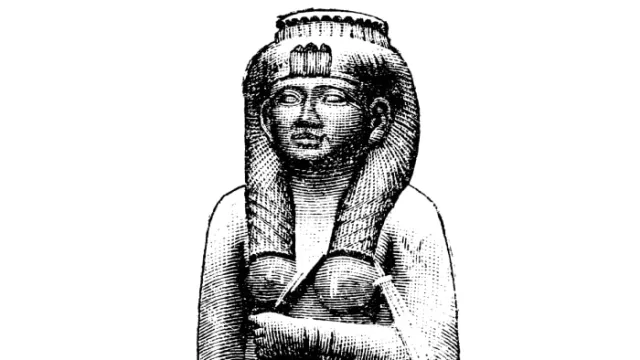
Nandi of the Zulu Kingdom
Nandi was a queen and mother of Shaka Zulu, the founder of the Zulu Kingdom in what is now South Africa. She played an important role in shaping her son’s character and was known for her wisdom and strength.
Nyabingi of Rwanda
Nyabingi was a legendary queen and spirit medium in what is now Rwanda. She led her people in a resistance movement against German colonial forces in the late 19th century. Nyabingi is celebrated as a symbol of resistance and liberation in Rwanda and is still honored in traditional Rwandan religion.

Queen Amina of Zazzau
Queen Amina was a warrior queen of the Hausa people in what is now Nigeria. She was known for her military prowess and leadership abilities. Queen Amina led her armies in many successful battles, expanding her kingdom and ensuring the safety of her people. She is celebrated in Nigerian folklore and is remembered as a symbol of female empowerment.
Queen Pokou of the Baoule
Queen Pokou was a legendary queen of the Baoule people in what is now Ivory Coast. She led her people on a journey to escape a famine, crossing a river that came to be known as the “Comoe River” in honor of her sacrifice. Queen Pokou is remembered for her bravery and leadership, and is celebrated in Baoule culture as a symbol of unity and perseverance.
These are just a few examples of the many powerful women who have led African empires and armies throughout history. Despite the many obstacles they faced, these women rose to positions of power and proved themselves as capable leaders and warriors. They defied societal expectations and gender norms, paving the way for future generations of women to follow in their footsteps.
Today, these women continue to be celebrated and honored in African cultures, serving as an inspiration to young girls and women around the world. Their stories remind us of the importance of perseverance, courage, and leadership, and serve as a powerful testament to the strength and resilience of women throughout history.
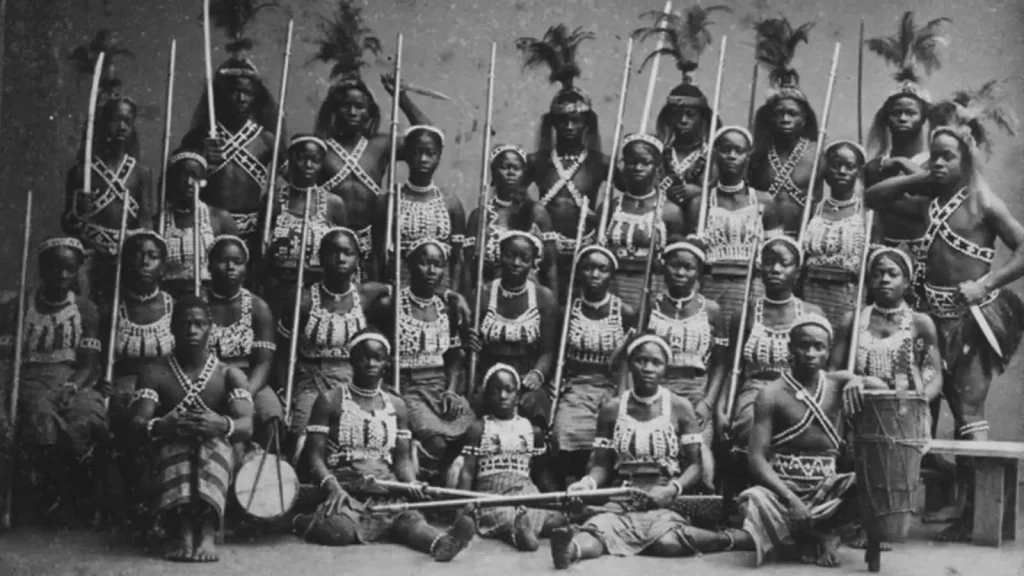
Queen Nzinga of Ndongo and Matamba
Queen Nzinga, also known as Queen Nzinga Mbande, was a 17th-century ruler of the kingdoms of Ndongo and Matamba in what is now Angola. She is remembered for her fierce resistance against Portuguese colonialism and her strategic alliances with neighboring powers.
Queen Nzinga was born into the ruling family of Ndongo and became queen after her brother’s death. She immediately began organizing her armies and forming alliances to defend her kingdom against the Portuguese. She negotiated with neighboring kingdoms and European powers, using diplomacy and military tactics to maintain her independence.
In one famous example of her bravery, Queen Nzinga attended a peace negotiation with the Portuguese governor while sitting on the back of a male slave. When the governor refused to provide her with a chair, she ordered the slave to kneel and used his back as a seat. This bold act of defiance demonstrated Queen Nzinga’s unwillingness to submit to colonial oppression.

Queen Yaa Asantewaa of the Ashanti Empire
Queen Yaa Asantewaa was a queen mother of the Ashanti Empire in what is now Ghana. She is remembered for leading a rebellion against British colonialism in 1900, known as the War of the Golden Stool.
When the British governor demanded that the Golden Stool, a sacred symbol of Ashanti power, be surrendered to him, Queen Yaa Asantewaa rallied her people to fight back. She gathered an army of thousands of warriors, including women, and led them in battle against the British.
Although the Ashanti were eventually defeated, Queen Yaa Asantewaa’s bravery and leadership inspired future generations of Africans to fight for their independence. She is remembered as a symbol of resistance against colonialism and a champion of women’s rights.
Conclusion
These female warriors and leaders demonstrate the crucial role that women have played throughout African history. They defied societal expectations and gender norms to rise to positions of power and lead their people to victory. They were strategic, brave, and fiercely independent, and their legacies continue to inspire and empower women today.
Their stories also highlight the ongoing struggle for gender equality and the need to recognize and celebrate the achievements of women throughout history. By honoring these female leaders and warriors, we can help to break down barriers and create a more equal and just society for all.
